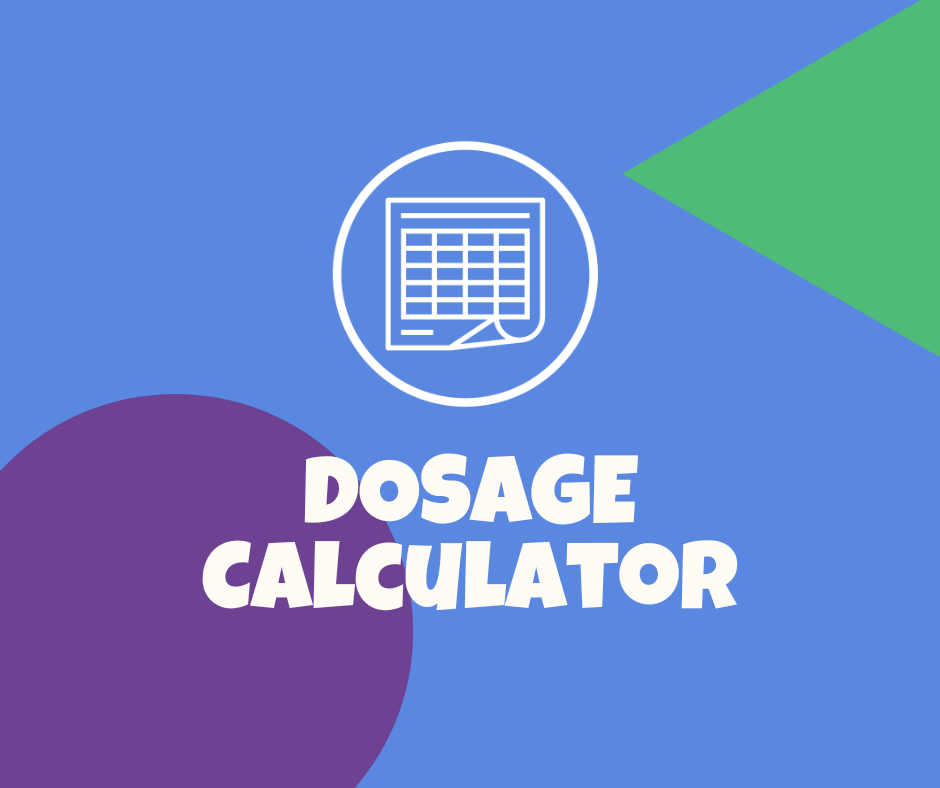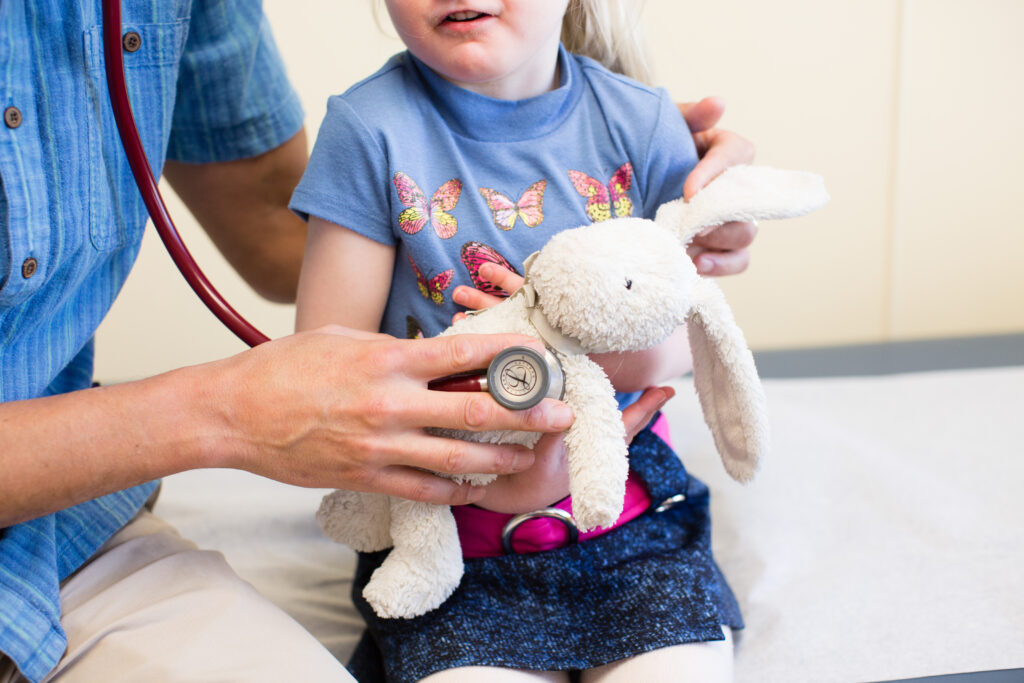Nothing fills a parent with more dread than having a stomach bug hit your home.
While it’s not at all pleasant, it should be short lived and a bit more manageable with our tips below. And remember, more than anything, your child needs cuddles when they’re miserable, so don’t forget to give them lots of love.
When To Call Your Provider
While most childhood stomach bugs do not require medical attention, there are some cases where you should call your provider at Pediatrics West at (720) 284-3700. Remember, you should call 911 if your child cannot wake up, is not moving or is too weak to stand, or you think it’s a life-threatening emergency.
Call your provider, no matter your child’s age, if:
– you suspect dehydration (see dehydration symptoms below)
– they have blood in the stool
– they have stomach pain when not vomiting (pain before vomiting is normal)
– they have a weak immune system
– they had a head injury in the last 24 hours
– they are vomiting a prescription medicine
– they have a fever over 104° F
– your child acts or looks very sick
– they have severe vomiting for more than 8 hours
For babies 1 year old or younger, you should call your provider if:
– they are less than 12 weeks old and vomited 2 or more times
– if they are less than 12 weeks old and have a fever
– they vomit 3 or more times and also have diarrhea
For children 1 year or older, you should call your provider if:
– they have vomited for more than 24 hours
– they have a fever that has lasted more than 3 days
Preventing Dehydration and Providing Liquids
The biggest risk of a stomach bug is dehydration, when your child has lost too much water from vomiting or diarrhea. Babies and young children are at a higher risk of dehydration than older children and adults. The general rule is, the smaller the child, the faster they can become dehydrated.
You’ll want to be aware of the warning signs, and if you notice any of these symptoms, call your provider at Pediatrics West right away at (720) 284-3700. Some signs of dehydration include:
– No tears when crying
– Too weak to stand or dizzy when standing
– Urine is dark yellow or they have not peed for over eight hours
– The inside of their mouth and tongue are very dry
To prevent dehydration, you should start your child on a clear liquid diet after vomiting begins.
For formula fed-babies under 1 year of age:
– If your baby vomits, switch your baby to an oral rehydration solution, such as Pedialyte, until they have gone 8 hours without vomiting. If you don’t have an oral rehydration solution, offer formula until you can get some.
– Give your baby 1-2 teaspoons of the solution every five minutes using a syringe or spoon.
– After they go four hours without vomiting, you may double the amount.
– After eight hours without vomiting, return to your normal formula feeding schedule and amounts.
For breastfed fed-babies under 1 year of age:
– Breastfeed your baby for only five minutes every 30 minutes. If four hours pass without more throwing up, you can breastfeed like normal.
– If your baby continues to vomit, only give your infant 1-2 teaspoons of milk every five minutes. You can do this by expressing breastmilk or using pumped breastmilk. After four hours without vomiting, switch back to feeding at the breast for five minutes every 30 minutes and gradually increase the time they breastfeed.
– Note: breastfed babies rarely need an oral rehydration solution such as Pedialyte, but it can be used if vomiting worsens.
For children over 1 year of age with a stomach bug:
– You may offer an electrolyte solution (such as Pedialyte or a store brand of oral rehydration solution), ice chips, water, popsicles, or gelatin.
– Begin offering your child small amounts of clear fluid. Begin by offering 2-3 teaspoons every five minutes. If they are asleep, don’t wake them to force liquids. For the first few hours, it is normal for your child to vomit everything and then for the stomach to settle.
– After four hours without throwing up, you can increase the amount.
– After eight hours without throwing up, you can go back to regular amounts of fluid.
You’ll want to wait until eight hours have passed without any vomiting to gradually begin offering solid foods. When starting solids again, start with starchy foods like crackers, bread, and rice. Avoid greasy, sugary foods.
Preventing the Spread of the Stomach Bug
Stomach bugs are typically highly contagious and can spread quickly through a family. Some viruses can survive for days on surfaces, so you’ll want to be especially vigilant about cleaning and cleanliness during this time.
Give your child a bucket or bowl to throw up in and lay down towels and bed sheets around your child. If they miss the bucket, you can easily clean up the dirty layer and lay down a new one. Wash all dirty laundry on a hot water cycle and dry it on high heat to kill any lingering virus particles.
Clean surfaces, bathrooms and high-touch surfaces frequently with soap and water or a diluted bleach solution.
Most importantly, make sure the whole family is washing their hands regularly, and especially when preparing food or eating or after helping your sick child. Some stomach bugs like the Norovirus can survive hand sanitizer, so soap and water are best.
Also remember not to send your child back to school or daycare until they have been symptom-free for 24 hours.


